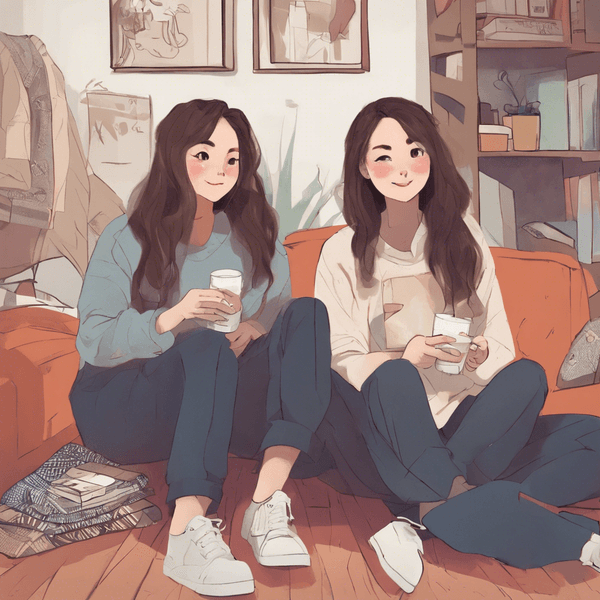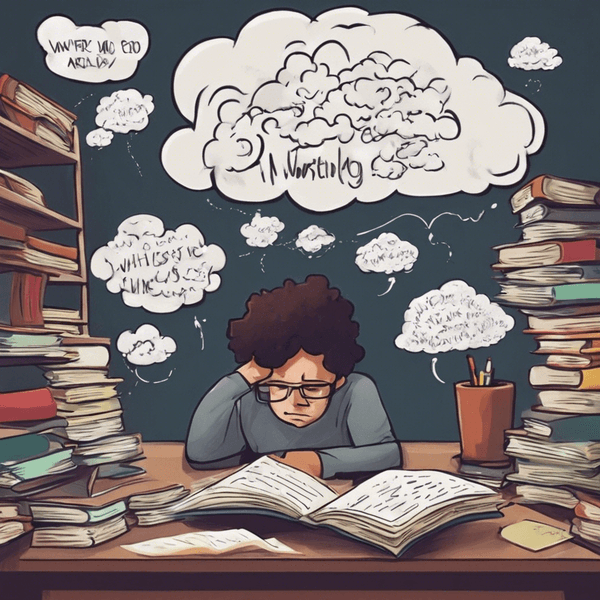Rudyard Kipling drew a beautiful picture of the deep wilderness in his novel, The Jungle Book, using imagery, symbolism, and fantasy to express the beauty of the jungle, and its inner workings. Disney saw the beauty, and wonderful values embedded in this tale, and made an animated movie adaptation of it in 1967. Now, Disney has taken it upon themselves to reintroduce the world to this classic story, this time in the form of a live action movie similarly named The Jungle Book which uses incredible cinematography, a very famous cast, and inspiring authorship to make a widespread statement about the importance of unity, innovation, and confidence in a time when alienation, fear, and confusion are increasingly present surrounding todays media and politics.
This adaptation of The Jungle Book is stunningly done, and almost manages to make one feel as if one is moving through the jungle with Mowgli as his adventures progress. Favreau’s use of CGI in this film further intensifies the experience of watching it, making everything all the more real to its audience. The cinematography “hold[s] a mirror up to nature, to try to make the most naturalistic environments,” as Director Jon Favreau expressed in an interview with IGN. It furthermore gives voices to animals, and seems to subtly personify the creatures, making the embedded political statements of needed unity and confidence in todays politics even more touching and profound. This allows the audience to develop connections with the animals in the film, making the importance of peace over violence, and the power of hope over defeat more personal, and powerful to them.
Touching, heartwarming examples of peace, optimism, unity, and reconstruction are incredibly important to have in this time of terrorization, political instability, and confusion. This 2016 rendition of The Jungle Book has all of those, and makes use of this classic, well known tale to capture the attention of audiences young and old. This rendition of The Jungle Book offers hope and consolation that everything will be alright if unity is found, innovation is fostered, and humble confidence is had.
"Favreau seeks to humble the audience by putting into perspective each person's place in the world -- and what happens when you try to prevent someone from being their true selves…” says Terri Schwartz of IGN.com in a review of the movie. Schwartz here expresses part of Favreau’s intention to express the importance of having confidence in oneself even when the odds and the masses are against you, as the animals were against Mowgli, and his staying in the jungle after Shere Khan, the vicious tiger, threatened their lives. He was alienated, judged by his man-like appearance, and told that he didn’t belong, much like how many immigrants are currently being treated around the world today. Favreau has created a sort of call to action, inciting people of all ages to look beyond people’s appearances, and backgrounds, and unify against the real threats of terrorism and oppression that are so prevalent right now.
Mowgli's unbridled confidence and disregard for anyone’s appearances or social standings allow him to symbolize exactly what our society is missing, and what could make us stronger in this time of political unrest, and fear. Citizens of this country, and beyond ought to unify, embracing each others’ strengths and talents without negative regard to race, gender, sexuality etc. Mowgli personifies an uncorrupted view of all beings, and desires only to help, and protect everyone, doing everything he can to do so. Such is the purity everyone should admire and embrace as the world now needs that strength that can only be found in unification, warmth, and acceptance.
The world seems to be in a state of terror at the moment, full of confusion, anger, and misunderstanding. Favreau uses The Jungle Book to typify through Mowgli how we can use unity, innovation, and confidence to strengthen our society against potential destruction caused by terrorization, and the animalistic politics currently taking place in our and other governments. Shere Khan’s dictator-like presence mirrors some governments in the Middle East, for example, that are crumbling into anarchy. Mowgli, however, presents an individual who believes in the collective, allowing everyone to rise up, believe in him, and defend him despite their nervous, blinding reservations, that had held them back before. The Modern Mowgli shows the power of the people to the people, and the incredible presentation of this film gives him that voice, that attention, that ability to inspire unification, acceptance, and confidence in todays society.






 StableDiffusion
StableDiffusion Photo by
Photo by  Photo by
Photo by 
 full parking
StableDiffusion
full parking
StableDiffusion









